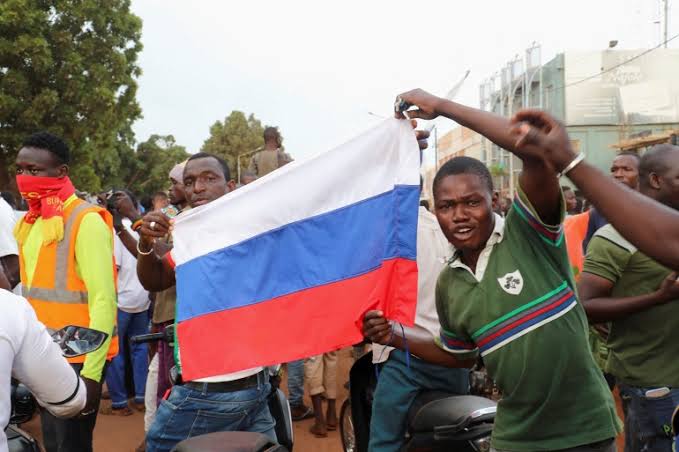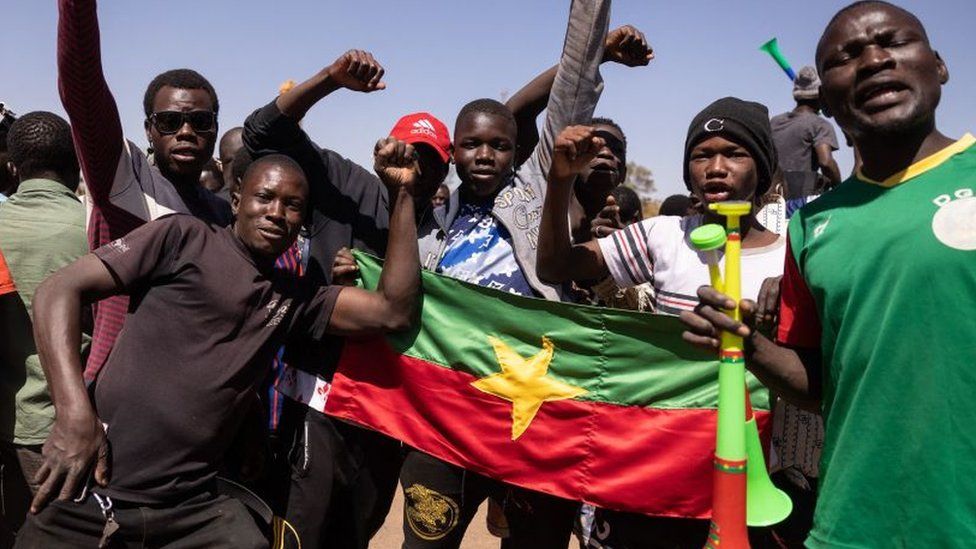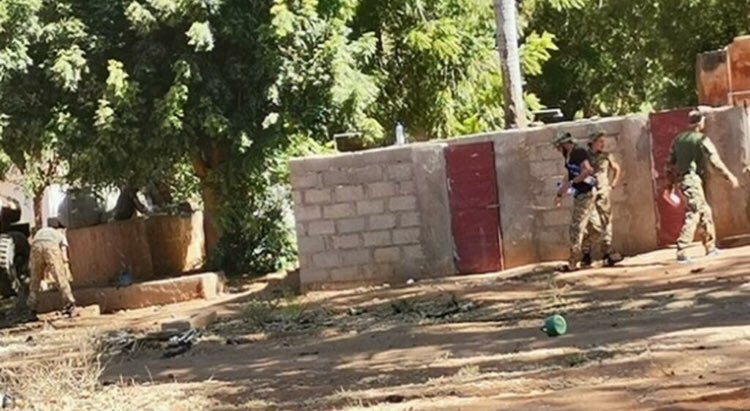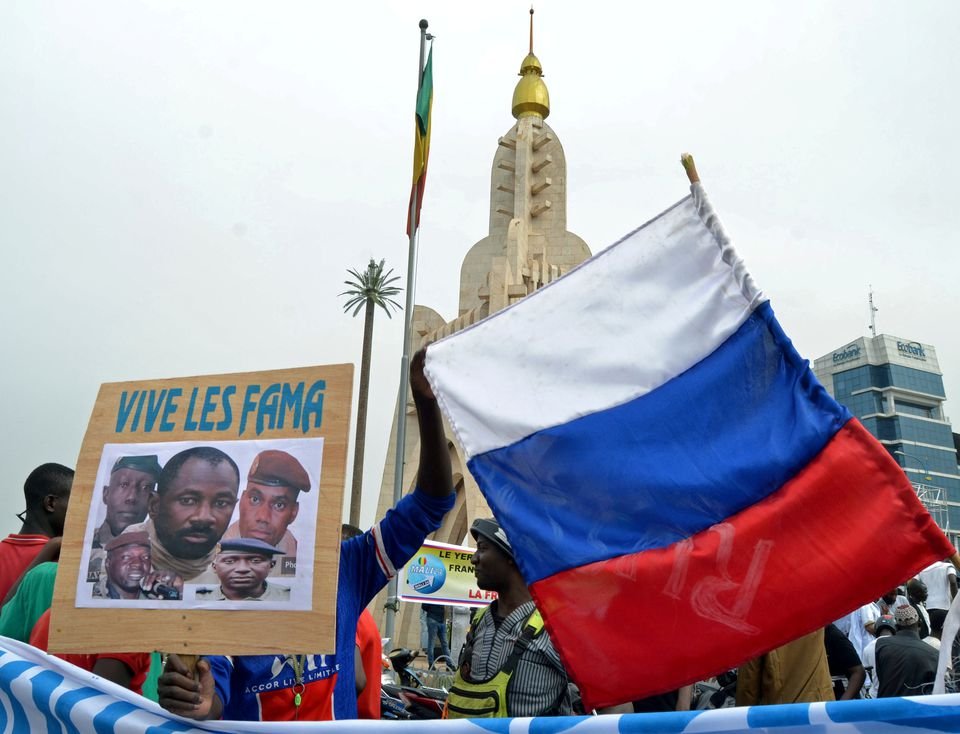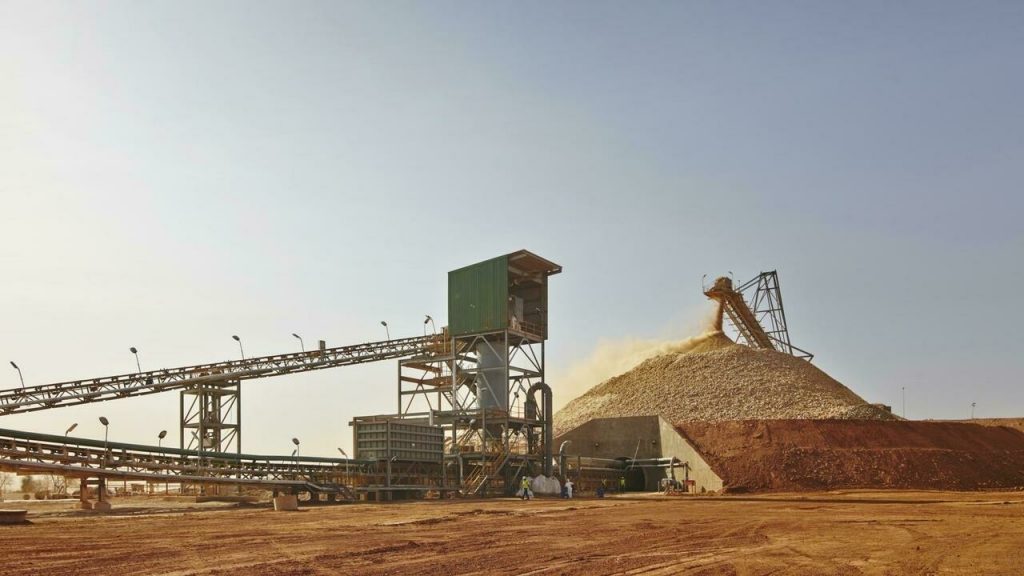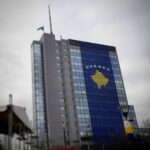Russia is making gains in its campaign for military and political influence in the West Africa. Russian propagandist Sergei Markov publicly confessed that the Kremlin had assisted the coup leader, Captain Ibrahim Traore.
The coup could pave the way for another African deployment of Russian mercenaries from Wagner Group, a private military contractor with close Kremlin connections. Wagner Group’s founder, Yevgeny Prigozhin, said in a statement on Saturday that he “warmly congratulates” Capt. Traore.
Wagner Group mercenaries are already active in military operations in two nearby African countries: Mali and Central African Republic. In both countries, they have been implicated in massacres of civilians and other abuses. In all three countries, including Burkina Faso, there has been growing disenchantment with their traditional military partner, France, the former colonial power in the region.
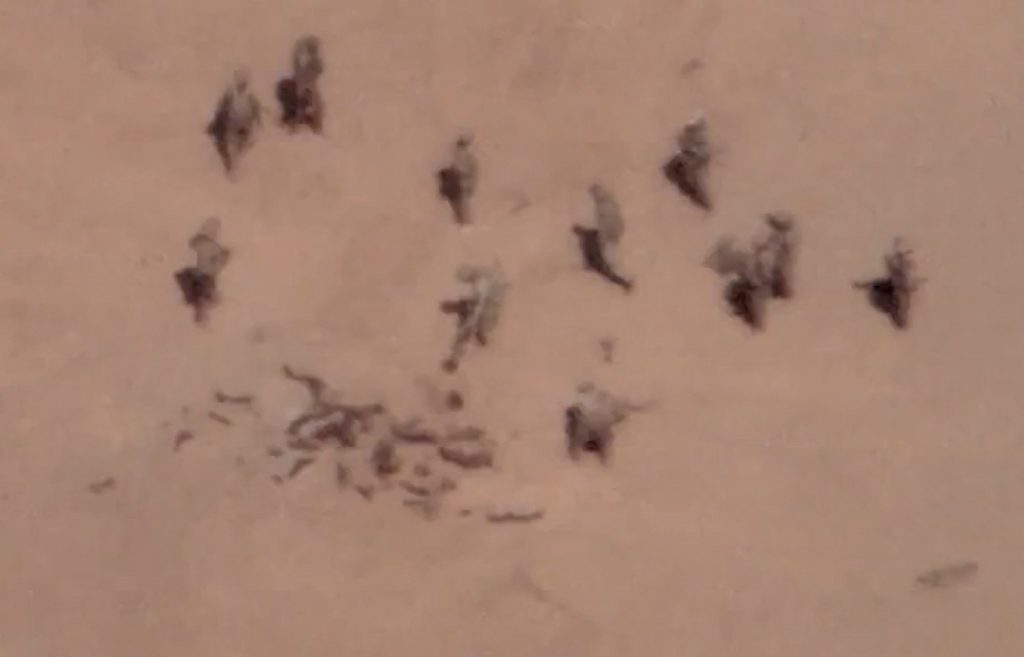
Moscow’s influence has continued to increase in several Francophone African nations, and Russian flags are often visible during rallies. As a result of the government’s incapacity to address security issues, many civilians and troops originally embraced the coup.
With presence beefed up in Africa, Russia is actively handling Psyops among the locals, as its paramilitary foothold is growing.
That approach is yet more proof that contractors of the Wagner Group are advance teams for Russia’s Special Operations Forces tasked to carry out expedition.
Russians seek not just to push off France from the region, but also to establish control over African gold deposits.
Burkina Faso’s junta leader Paul-Henri Sandaogo Damiba has agreed to step down, on October 2, 2022, after a mutiny within the military left the West African nation in chaos. In a televised statement, a spokesperson for the Patriotic Movement for Safeguarding and Restoration (Mouvement patriotique pour la sauvegarde et la restauration, MPSR) declared that Damiba had been dismissed from his position as president of the Patriotic Movement, stating that he had failed to adequately address the country’s deteriorating security situation.
Captain Ibrahim Traore has been officially named head of state. The power grab by Traore and several other soldiers marked Burkina Faso’s second coup this year after Damiba led a putsch in January that overthrew the country’s democratically elected president. Traore, a relatively low-ranking officer who days earlier was running an artillery regiment in a small northern town.
The officers said they had ousted Damiba, accusing him of failing to crack down on militant attacks that left more than 40% of the country under the control of Islamic extremist groups. This is the same scenario of coup’s reason as in Mali in 2012-2013 when an army was angry on government for poor equipment of counter militant mission in the north of the state.
The US State Department and the UN secretary-general condemned the upheaval.
When Damiba came to power in January, after ousting President Roch Kabore, he had promised to make the country more secure. However, violence in the country has continued, and political tensions have grown in recent months.
The country’s new military leaders said they were dissolving the national assembly.
The events came after rising frustration with the government’s inability to deal with insecurity caused by militant groups linked to al-Qaida and Islamic State.
On Monday, a convoy carrying food and basic supplies to the northern town of Djibo, which has been under siege by militants for years, was ambushed. Eleven soldiers were killed, and more than 50 civilians were said to be missing. The incident raised serious concerns about the government, with many citizens expressing their fears and doubts on social media.
Traoré accused the French army of hiding Damiba at one of its military bases – a charge that France quickly refuted.
An attack on the French Embassy in Ouagadougou by angry Traoré supporters drew condemnation of “the greatest firmness” from Paris.
Russian flags have been waved at rallies in support of the coup plotters with strong anti-French slogans.
Traore has accepted a conditional resignation offered by President Paul-Henri Damiba to avoid further violence after coup. Paul-Henri Sandaogo Damiba offered his resignation, two days after junior military officers rebelled against his rule.
According to the deal, announced at a press conference, Traore had agreed to seven conditions, including a guarantee of Damiba’s safety and the security of soldiers who backed him, and the honouring of promises made to the West Africa regional bloc to return to constitutional rule by July 2024.
On July this year U.S. intelligence community warned that Burkina Faso could be the next target for Russia’s mercenary Wagner Group. Burkina Faso’s gold mines, recent coup, insecurity, and the presence of Wagner fighters in neighboring Mali made the country a prime target for the group.
Earlier this year, Mali recruited more than 1,000 soldiers from Wagner Group and expelled French troops from the country. Many people in Burkina Faso are in favour of a similar strategy. Russian intelligence stimulated this moods. Some of the country’s soldiers carried Russian flags as they climbed on top of armoured vehicles, surrounded by people chanting “Russia, Russia.”
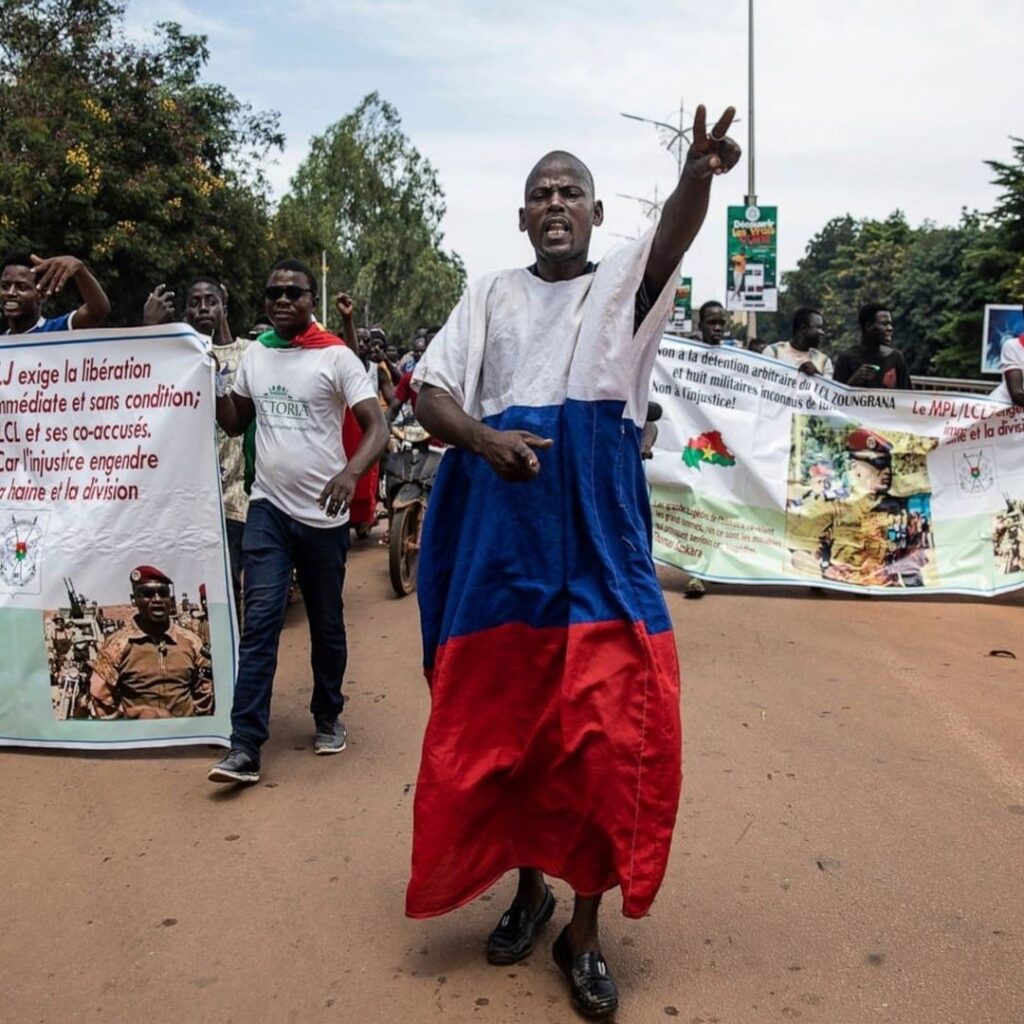
Burkina Faso’s military has been divided on how to respond to an Islamist insurgency that has devastated several countries in Africa’s Sahel region, south of the Sahara desert. Many army officers were reportedly unhappy that the government had been unable to halt the rebel attacks and had failed to seek military assistance from Russia.
Until recent years, the insurgency in the Sahel region had been focused on neighbouring Mali. But then it expanded into Burkina Faso, which is now the Sahel country hardest-hit by the Islamist attacks.
On May 2021 RLI claimed that Russia keeps infiltrating into French affairs, splintering its influence in overseas territories, most notably in Africa. There are active attempts by Russia to strengthen its hand in the countries of the French orbit. In Mali, e.g., the pro-Russian military junta keeps coming to power through a classic military coup.


